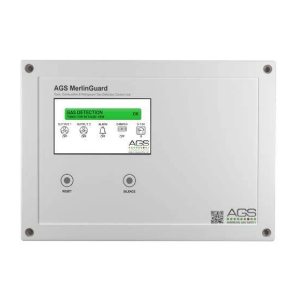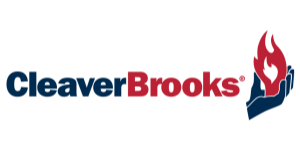Solutions for Educational Spaces
Smart Building Solutions for Safer Educational Spaces
Our Product Offering
- Science Laboratories
- Boiler / Chiller Rooms
- Liquid Leak Detection + Controls
- Air Quality & Environment Monitoring
- FAQS
Need more info? Check out our most frequently asked questions below.
FAQs
What is gas pressure proving technology?
Gas pressure proving is an innovative method used to seamlessly detect leaks or identify open turrets in a classroom, mitigating the unintentional release of gas and ensuring a safe start-up environment. This process is carried out using a transducer within the solenoid valve, which verifies that pressure is constant downstream.
What would be a typical classroom set up?
A typical setup includes a single control panel managing gas, water, or electrical outlets; emergency push buttons located at each classroom exit; solenoid valves and/or enclosures for each utility requiring control; and natural gas sensors, if applicable.
Where would a utility control panel be placed?
Control panels are best installed near the teacher’s desk and away from areas of congregation or the opposite side of the classroom. This placement ensures the teacher can easily operate or reset the system without needing to walk across the room each time.
What gas would I detect in a classroom?
In classrooms where gas is in use, natural gas is the primary substance requiring detection. While CO2 sensors are generally installed for air quality monitoring.
Do the control panels have an integrated timeout function?
Yes, all 1000S series control panels include built-in timeout functions to automatically shut off utilities after a set period, ensuring a tamper-proof environment in case the panel is left on after hours. The default timeout is set to two hours, with configurable options for 2, 4, or 8 hours, or the option to disable the timeout entirely.
Can I link the control panels to a fire alarm? What about ventilation?
All of our control panels can be seamlessly integrated with a fire alarm system, enabling automatic utility shutdown during emergencies to help prevent hazard escalation. Ventilation sequences can be controlled in three adaptable ways: through a fan relay with built-in time delay, our FS1 fan control unit with manual activation capability, or an electrical contactor for direct power control.














